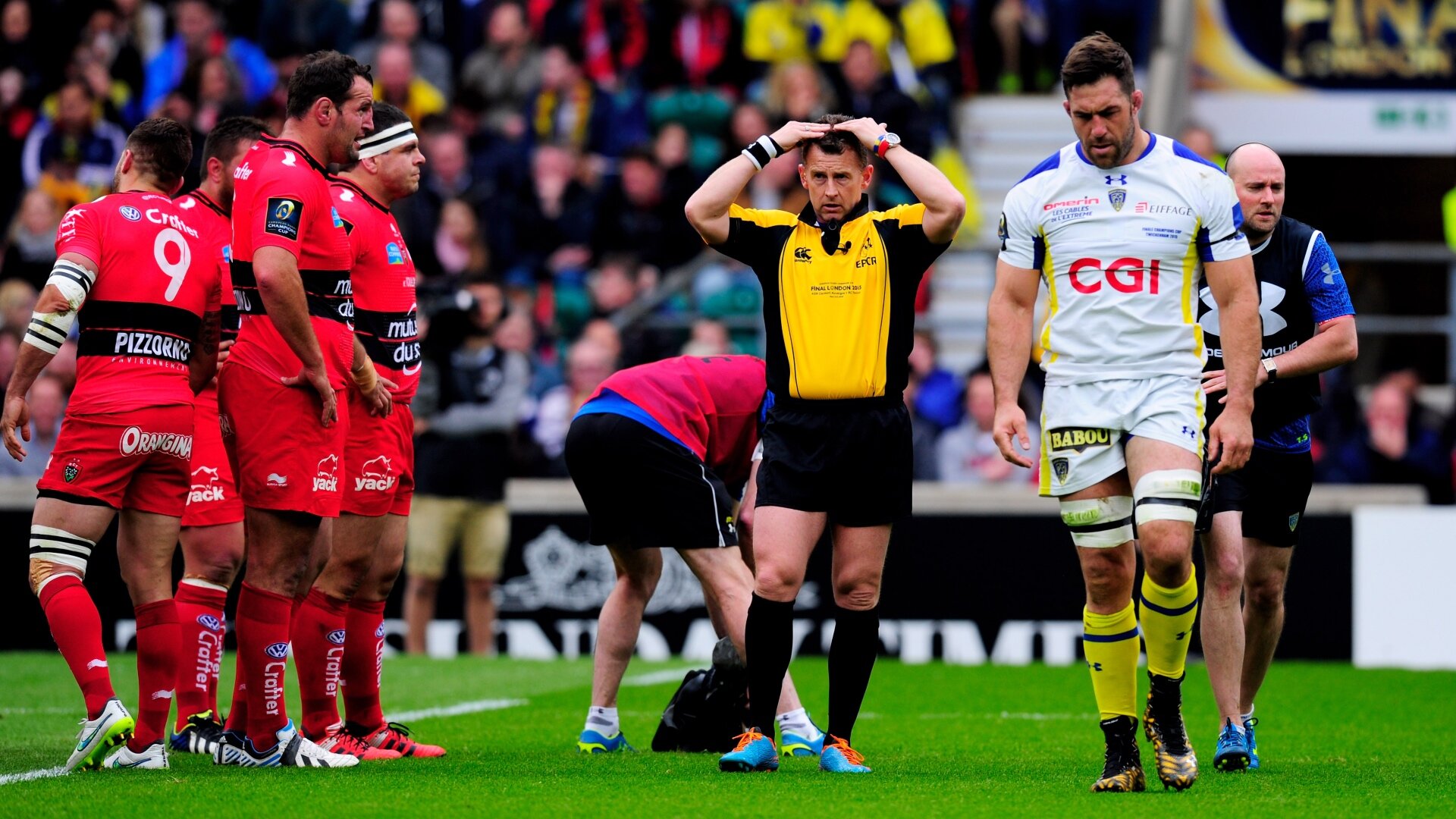Premiership Rugby to ramp up concussion surveillance with new 2019/20 matchday initiative

Premiership Rugby’s new 2019/20 season initiative will see independent matchday doctors in place at all Gallagher Premiership Rugby, Premiership Rugby Cup and European home matches.
This initiative – funded by the 13 member clubs – has the support of the key stakeholders in English Rugby – Premiership Rugby, the RFU, the RPA and World Rugby.
The role of the matchday doctor is to be responsible for decisions on matchday regarding a replacement for blood and head injuries. As part of their role they oversee the implementation of the head injury assessment and will work in collaboration with team doctors and medical staff to support head injury decision making during the match.
Why are we bringing them in?
Player welfare is right at the top of the agenda and Premiership Rugby believes this is the next stage, building on from the introduction of Hawkeye – to help ensure the identification of head injuries on the pitch – and to support the head injury assessment process.
(Continue reading below…)
Independent match day doctors have been operating on the international stage for a long time and therefore this will bring the domestic game in England closer in line with best practice and the international standard.
It is hoped the initiative will take some pressure off the team doctors. The introduction of independent matchday doctors means there will be another set of eyes and ears for them to collaborate with when it comes to their decision making around head injuries.
It gives the capacity to undertake more simultaneous head injury assessments (HIA) on players. At the moment there is a 10-minute minimum and maximum amount of time for the HIA to take place. If two or even three HIAs occur at the same time, it is a running clock and Premiership Rugby will now have the ability with more hands-on deck to handle multiple HIAs.
Prem Rugby Launch well under way ??
New season, new kits, same big name stars ? pic.twitter.com/O3WpkDfzG6
— Premiership Rugby (@premrugby) September 11, 2019
How will it work?
For the 2019-20 season in all Gallagher Premiership Rugby, Premiership Rugby Cup and European home matches there will be: a team doctor, an immediate care doctor (appointed by the home team) who is there to support and undertake emergency care and a matchday pitch-side video reviewer (MPVR) who sits near the pitch reviewing the match through the Hawkeye system, and to aid decision making.
In addition, now there will also be an independent matchday doctor who will sit with the matchday pitch-side video reviewer and the Hawkeye technician close to pitchside and will be able to keep his eyes on the match. Together as a team, they will look after head injury management of players.
The decision as to whether a head injury assessment is required and subsequently if a player can return to play sits with the independent matchday doctor. However, it will always be a collaborative and supportive process. All decisions will be made in discussion with the team doctors who know the players well and will be able to share these experiences and insights with the matchday doctor. They will always review the video together.
England settling into the way of life in Japan with Steve Borthwick providing an update on Joe Launchbury https://t.co/zQiIsCfzjo
— RugbyPass (@RugbyPass) September 11, 2019
In terms of who carries out the HIA, there are a couple of options. In the pre-match meeting, the team doctor will decide if they carry out the HIA with the matchday doctor observing or if they delegate to the independent matchday doctor. In either case in terms of the decision about whether the player returns to play this will always be a discussion and a collaboration between the team doctor and matchday doctor.
“This new initiative continues the evolution of our player welfare strategy, following on from the introduction of the head injury assessment and our use of the Hawkeye system to help better identify injuries during matches,” said Matt Cross, Premiership Rugby’s research and development manager.
“Our clubs are at the forefront of the latest player welfare initiatives and with us, will continue to drive world-class standards in the care of our players.”
WATCH: The RugbyPass documentary Knocked sees players, referees, medics and the sport’s bodies give a unique insight into concussion and what is being done to combat it
















